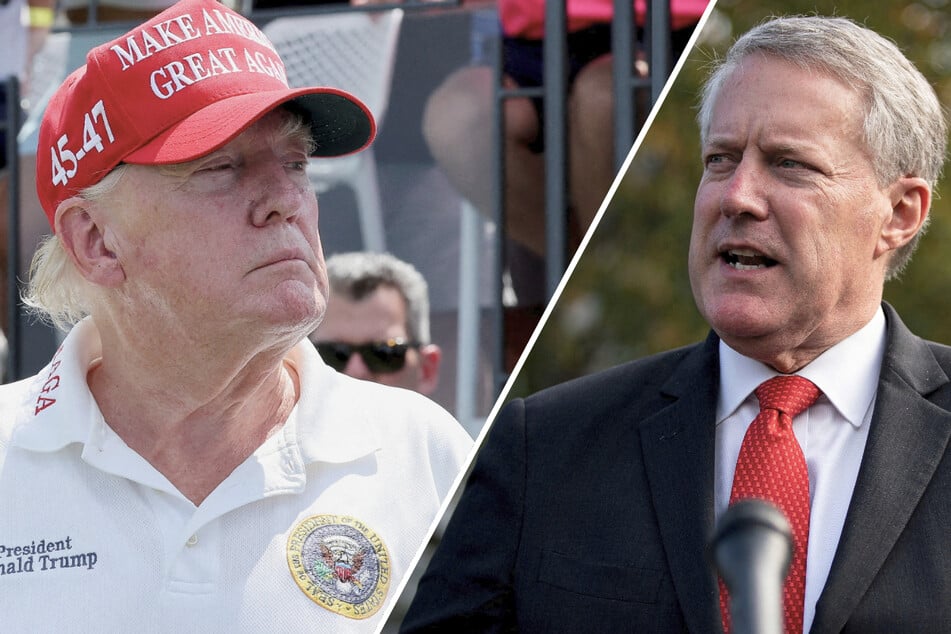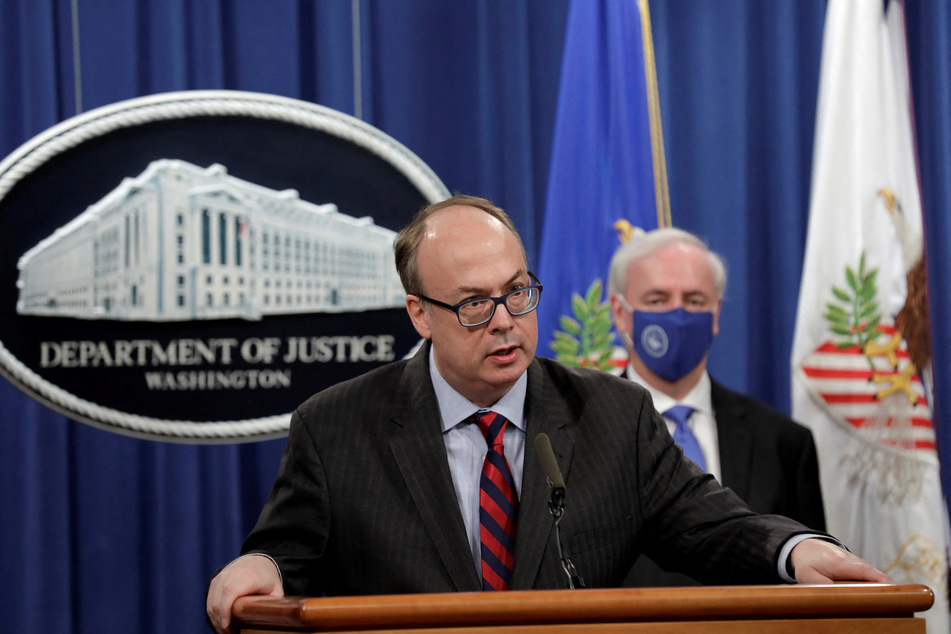Trump chief of staff Mark Meadows has request shot down by judge in Georgia case
Atlanta, Georgia - Former White House chief of staff Mark Meadows Wednesday lost his bid to avoid being arrested and booked as a co-defendant in former President Donald Trump's sprawling election interference case.

A federal judge tersely rejected Meadows' emergency appeal to block Fulton County Fani Willis from forcing him to turn himself in to face the music in the Georgia racketeering case.
US District Court Judge Steve Jones also tossed a similar appeal filed by former Justice Department official Jeffrey Clark, another defendant in the case.
"Until the federal court assumes jurisdiction over a state criminal case, the state court retains jurisdiction over the prosecution and the proceedings continue," Jones wrote in a brief order.
The twin rulings mean Meadows and Clark must turn themselves in by the Friday noon deadline set by Willis or be subject to arrest.
Jones has not yet made any ruling on their demand that their cases should eventually be moved to federal court. A hearing is expected next week on that issue.
Trump co-defendants push for federal trial

Meadows and Clark claim they must be tried in federal court because they were carrying out official duties when they allegedly helped Trump overturn his loss to President Joe Biden in the 2020 election.
Willis charged Trump and the pair, along with a total of 18 co-defendants, under Georgia's state racketeering law. She plans to argue that their actions in seeking to overturn the election were not part of their official roles.
Trump's former lieutenant and other defendants in the case would prefer to have their cases heard in federal court in part because the jury would be drawn from a broader swathe of north Georgia, including Trump strongholds.
A state court jury, on the other hand, would only include residents of Fulton County, the heavily Democratic area that includes the majority-Black city of Atlanta and its nearby suburbs.
Trump is expected to turn himself in Thursday. Unlike his cases, he will likely be photographed and fingerprinted by authorities before being freed on bond. Some of his co-defendants have already completed the process.
Cover photo: via REUTERS